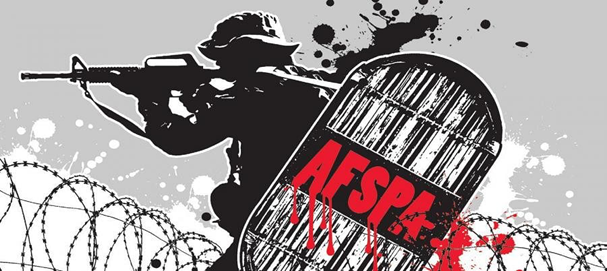AFSPA Extended in Nagaland, Arunachal Pradesh
Context
The Ministry of Home Affairs (MHA) has extended the Armed Forces (Special Powers) Act (AFSPA) in parts of Arunachal Pradesh and Nagaland for another six months.
Origin
- The Origin of the law can be traced to the Armed Forces (Special Powers) Ordinance 1942 which was enacted by the British to subjugate the rebels in the country during the Quit India movement, particularly in Assam and Bengal.
- The law continues to be enforced in its new format as the Armed Forces.
About Armed Forces (Special Powers) Act
- The AFSPA, 1958 came into force in the context of insurgency in the North-eastern States decades ago.
- It gives powers to the army, state and central police forces to shoot to kill, search houses and destroy any property that is “likely” to be used by insurgents in areas declared as “disturbed” by the home ministry.
- AFSPA is invoked when a case of militancy or insurgency takes place and the territorial integrity of India is at risk.
- Security forces can “arrest a person without a warrant”, who has committed or is even “about to commit a cognizable offence” even based on “reasonable suspicion”.
- It also provides security forces with legal immunity for their actions in disturbed areas.
- While the armed forces and the government justify its need in order to combat militancy and insurgency, critics have pointed out cases of possible human rights violations linked to the act.
Provisions under AFSPA act
- Under Section 3, the Central Government or the Governor of the State or administrator of the Union Territory can declare the whole or part of the State or Union Territory as a disturbed area.
- An area can be disturbed due to differences or disputes between members of different religious, racial, language or regional groups or castes or communities.
- Section 4 gives the Army powers to search premises and make arrests without warrants, to use force even to the extent of causing death, destroy arms/ammunition dumps, fortifications/shelters/hideouts and to stop, search and seize any vehicle.
- Section 6 stipulates that arrested persons and the seized property are to be made over to the police with the least possible delay.
- Section 7 offers protection of persons acting in good faith in their official capacity. The prosecution is permitted only after the sanction of the Central Government.

